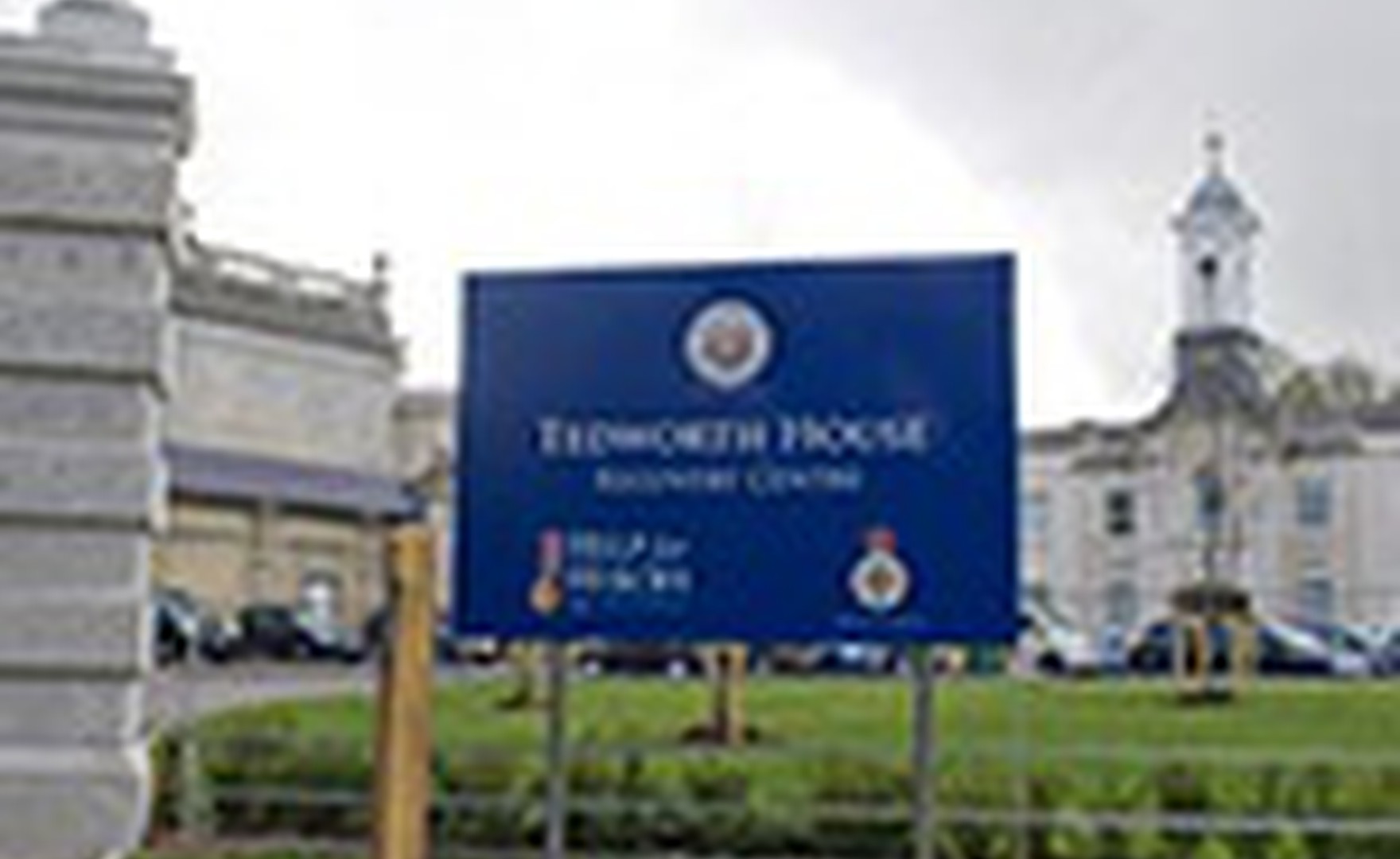Interview
In conversation with Natalia Zalesinska
17th June 2025 by Lee Robertson
In this interview, we speak with Natalia Zalesinska, executive coach, trainer, and head of AoEC Poland. With a background in…

At the beginning of March, I was very privileged to be able to support the AOEC's Karen Smart and Alan Taylor to deliver a dedicated in-house Executive Coaching Certificate training to the welfare team at Help for Heroes. The course participants provide front line welfare support for the charity's service users (wounded, injured and sick men and women of the Armed Forces) from their Support Hubs at the Recovery Centres in Tidworth, Plymouth, Catterick and Colchester.
It became apparent from the outset, how passionately dedicated the participants' are to achieving the best outcomes possible for their beneficiaries. As it transpired, this was to inform how the programme unfolded over the 2 days. As we began to explore the core coaching skills, it became apparent that participants were struggling to distinguish between the tools we were sharing with them, and those they already employ. And yet, in each of the exercises an apparent difference existed between the participant's definition of core skills such as active listening, open questioning and how these are employed in a coaching relationship.
Those of you familiar with how the dynamic usually evolves during the 2 days of the ECC programme, may well recognise this pattern as being par for the course, but I found it fascinating. I think it is fair to say, that by the end of Day 1, feelings among the participants appeared to range from confusion to scepticism. It struck me that this was possibly born from the model of support that Help for Heroes welfare advisers are used to working with, both with their beneficiaries and across the charity. This in the most part seemed to be more routed in giving advice, suggestions and recommending actions. Where the misunderstanding occurred, was that coaching is a different model of support to those they were familiar with.
The facilitators entered Day 2 with a degree of trepidation about how the day's programme would be received. However, when we revisited the contract we had established for ourselves at the beginning of day one, every participant we heard from rededicated themselves to maintaining an open mind and to take responsibility for their own learning. This got the day off to an extremely encouraging start and the participants impressively demonstrated a sense of personal responsibility for their own learning.
Karen then delivered a masterclass demonstration of GROW with one of the participants as her client, and the light bulbs began to turn on. Triads were formed and for those I observed, something had definitely shifted. I heard some copybook demonstrations of powerful questioning, use of silence, reflecting and reframing. As each participant experienced the process from both sides, as coach and client, I increasingly heard feedback about how coaching could empower service users. Comments included; “…opened my eyes to an alternative method of how to deal with beneficiaries and staff”, “The course really put into context how much more we can do for our beneficiaries”. To beautifully underline this, one participant shared the story of a former service user he supported who has become a graduate of the AOEC Practitioner Diploma.
Recovery Operations Manager, Allie Bennington said: “The Support Hub Managers and I strongly believe that this training will help our Keyworkers better support our beneficiaries by giving them (the beneficiaries) control of their own options and actions, thus promoting self-thought and independence.”
It was clear to me that for the participants, the turning point for the course was being able to witness the coaching demonstration and to experience for themselves the power of coaching as a tool to resolve personal issues and questions. Perhaps a piece of learning for AOEC faculty might be that where ECC participants haven't had the opportunity to attend 'Introduction to Coaching' events, a brief demonstration could perhaps be given at the beginning of the 2 days.
Whilst it is still too early to evaluate the full impact of the course on the Help for Heroes welfare operation, some of the feedback received would suggest an encouraging future for coaching as a key tool in the Help for Heroes welfare armoury.
Andy Shipley
Andy is a graduate of the AoEC Practitioner Diploma in Executive Coaching and a Clore Social Fellow. As the disability Ambassador for the AoEC, he is working to make coaching available to disabled people to develop careers as coaches, or to realise their potential in their chosen field. Andy brings a multi-sensory approach to his coaching style and is keen to work with anyone, non-disabled and disabled, wishing to explore and discover new possibilities through the power of their own perception. http://andyshipley-eclipse.org/
Interview
17th June 2025 by Lee Robertson
In this interview, we speak with Natalia Zalesinska, executive coach, trainer, and head of AoEC Poland. With a background in…
Interview
17th June 2025 by Lee Robertson
In this interview, we talk to Mitra Gholam, executive and leadership coach and member of the team at Alira Consulting,…
Article
17th June 2025 by Lee Robertson
Coaching has firmly established itself as one of the most effective ways to unlock human potential at work. But simply…